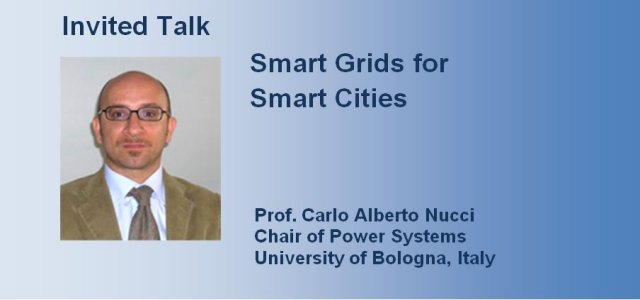
Project Based Learning to Increase Interest and Produce Highly Skilled Graduates in Engineering

by Prof. Cuneyt Guzelis
Department of Electrical and Electronics Engineering, Yaşar University, 35100, Izmir, Turkey
In the past two decades, engineering as a career path for high school students has lost its attractiveness drastically in developed countries including United States, Western Europe Countries and interestingly also in developing countries such as Turkey. The interest is mainly shifted to law and medicine and with a lesser degree to business management. The reason behind this decline may be explained by considering the changing pattern of employment in the global scale due to the rising role of East Asian Countries most notably China in manufacturing engineering products as well as the existence of high prestige and high salary job opportunities for law, medicine and business management graduates in developed countries. However, wealth of the mentioned developed and developing countries depends on mainly their technology based industries which demand highly skilled engineers. So, there is considerable need to attract talents to the engineering disciplines and then educate them to gain knowledge, skills and attitudes that research and development working environment of technology based industries necessitates. The paper proposes to employ project based learning as an education strategy for increasing interest of high and middle schools students in engineering disciplines and for producing highly skilled graduates from engineering programs. A set of experiences within the project based learning framework including project contests organized among high school students, team and individual project activities implemented in several courses of electrical and electronics engineering undergraduate programs such as introduction to electrical and electronics engineering, circuit theory I-II and artificial neural network courses is presented. It is argued that the project based learning is a very suitable tool for creating an attraction towards engineering, for simulating working environments of research and development engineers, for developing design skills and for meeting non-technical (general) educational objectives such as economic, environmental, social, political, ethical, health and safety, and sustainability.














